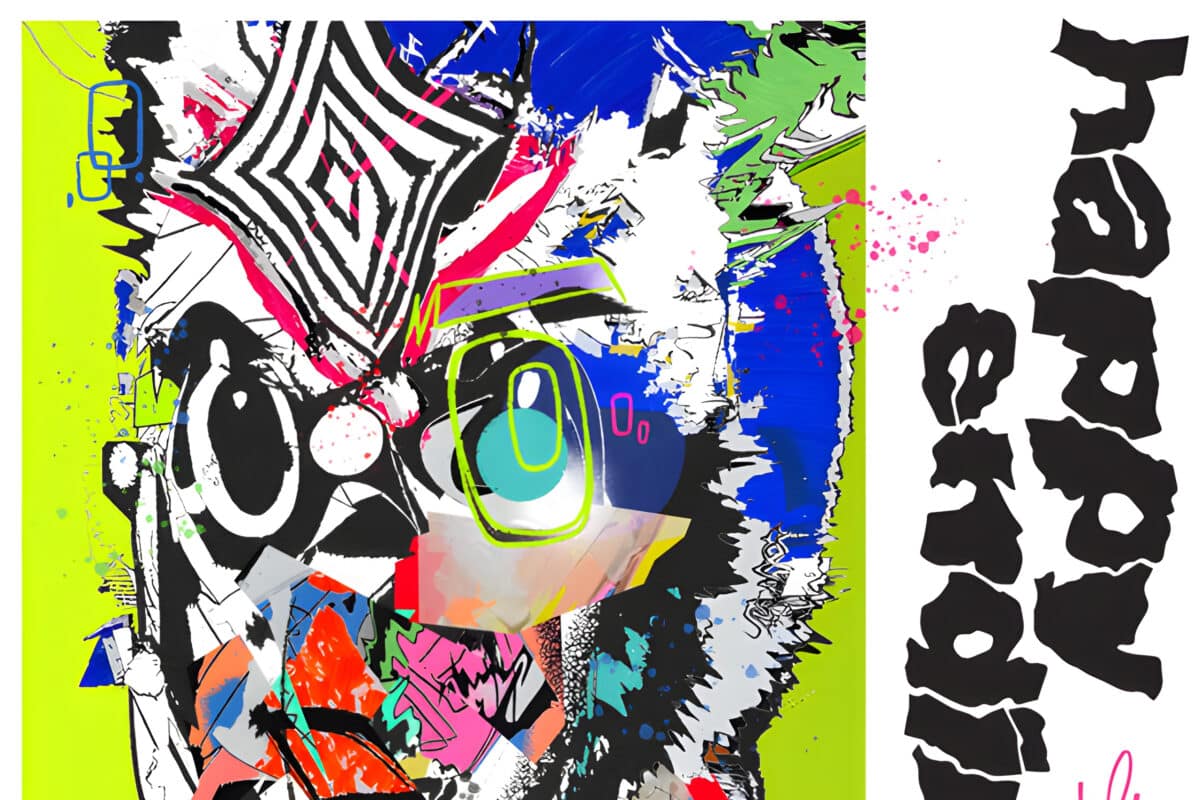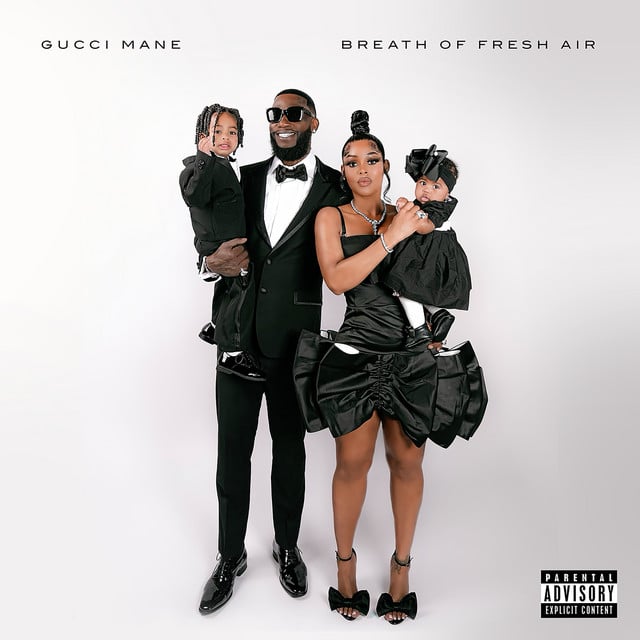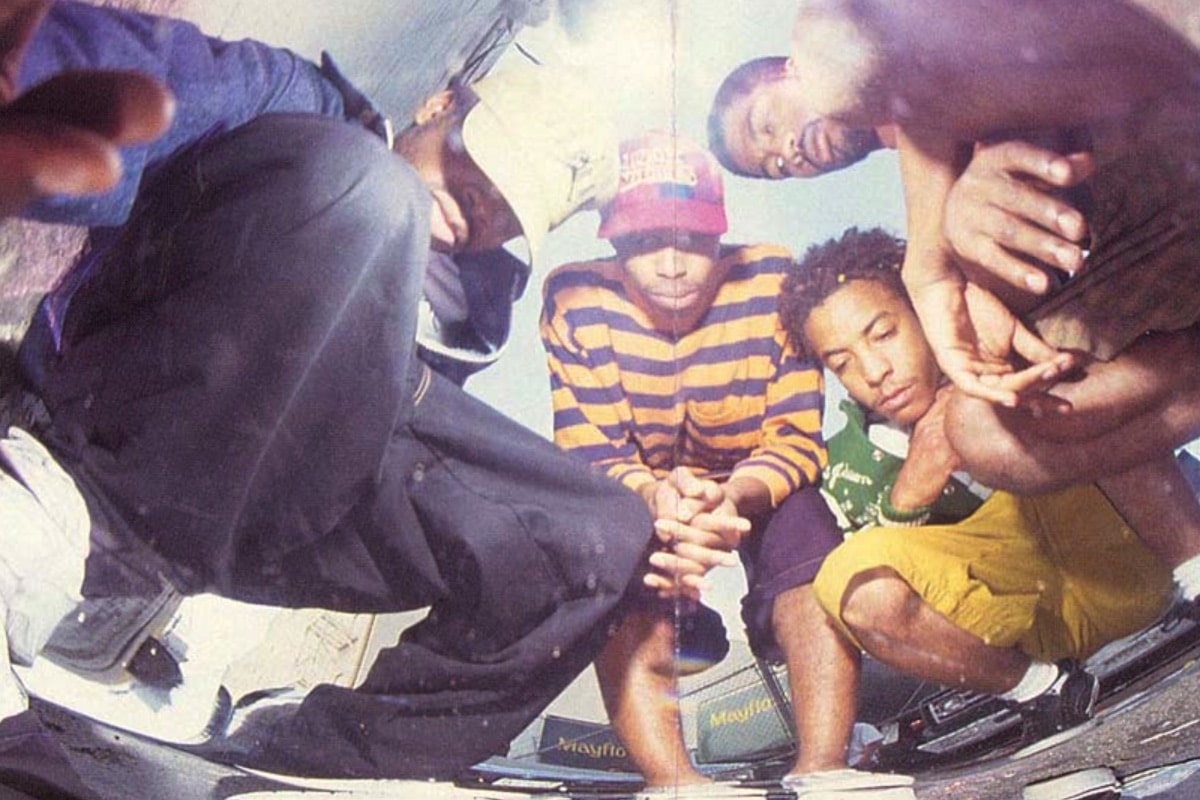Released: 2021
“Happy Endings” by Mike Shinoda featuring iann dior and UPSAHL is a reflective track that deals with personal struggles and self-perception. The lyrics convey a sense of self-deception and a desire for self-improvement amidst challenges and disappointments. Despite acknowledging shortcomings, there’s an aspiration for betterment, akin to writing one’s own “happy endings.”
The song opens with an internal monologue where the artist grapples with the idea of being their own hero, even when circumstances are less than ideal. This concept of self-redemption is prevalent, setting the tone for the entire song. By starting with “at least in my mind,” Shinoda suggests a mental escapism where self-perception can overwrite reality.
In the first verse, Mike Shinoda delves into the chaos and realization of the past year, mentioning the tendency to blame external factors for internal turmoil. “This whole last year was a shit show” paints a vivid picture of dissatisfaction and tumult, while “place blame everywhere that it shouldn’t go” points to self-awareness about misdirected frustration. This is a candid confession of feeling unhinged while struggling with inner conflict.
The hook reiterates the notion of self-salvation and hints at self-delusion: “delusional maybe.” Shinoda questions whether, in moments of pretension, it is worth imagining a world where everything ends on a high note, where one achieves more than they believe they are capable of. This illustrates a juxtaposition of realism and idealism, emphasizing the power of perspective.
iann dior joins the narrative by expressing feelings of regret and inadequacy. The lyrics continue the introspection, revealing how spoken words and impulsive actions can cause unrest. There’s an admission of the difficulty in maintaining patience, which leads to repetitive mistakes – a cycle dior seems keen to break, yet struggles with. His verses echo the human experience of seeking to reconcile expectations with reality.
UPSAHL’s contribution amplifies the message of releasing negative emotions. There’s a frank acknowledgment of overthinking and the internal tug-of-war over unspoken thoughts and emotions. UPSAHL portrays a candid snapshot of mental exhaustion from repetitive conflicts and unproductive mental cycles, thus urging a detachment from self-criticism.
The chorus acts as the emotional core, weaving together the themes of self-critique and aspirations for positive outcomes. It brings a contemplative quality to the song, underscoring the ongoing battle between acceptance and aspiration. Repeatedly, the phrase “at least in my mind” reflects a desire to hold on to a vision of oneself as capable of achieving the “happy endings” envisioned.
In a clever shift, Shinoda brings forth the societal aspect, pointing out how people capitalize on negativity for attention, seen in lines about social media’s impact on self-esteem and the pressures to conform. This broader context of external expectations plays into the personal narratives described earlier, adding depth to the emotional conflict experienced.
Ultimately, “Happy Endings” tackles the universal theme of self-perception versus reality, exposing the conflict between the life one leads and the life one wishes for. The lyrics portray a tug-of-war between accepting current flaws and striving for an imagined better self, resonating with anyone who has felt caught in the struggle of personal improvement.
As the song concludes, it leaves listeners with a hopeful message. Even when reality falls short, there’s power in envisioning and aspiring toward one’s own “happy ending.” This song invites introspection and serves as a reminder that change starts within, a resonant takeaway that applies to everyday life. The track captures a slice of post-modern reflection, engaging listeners through relatable struggles and a shared human quest for personal growth.








